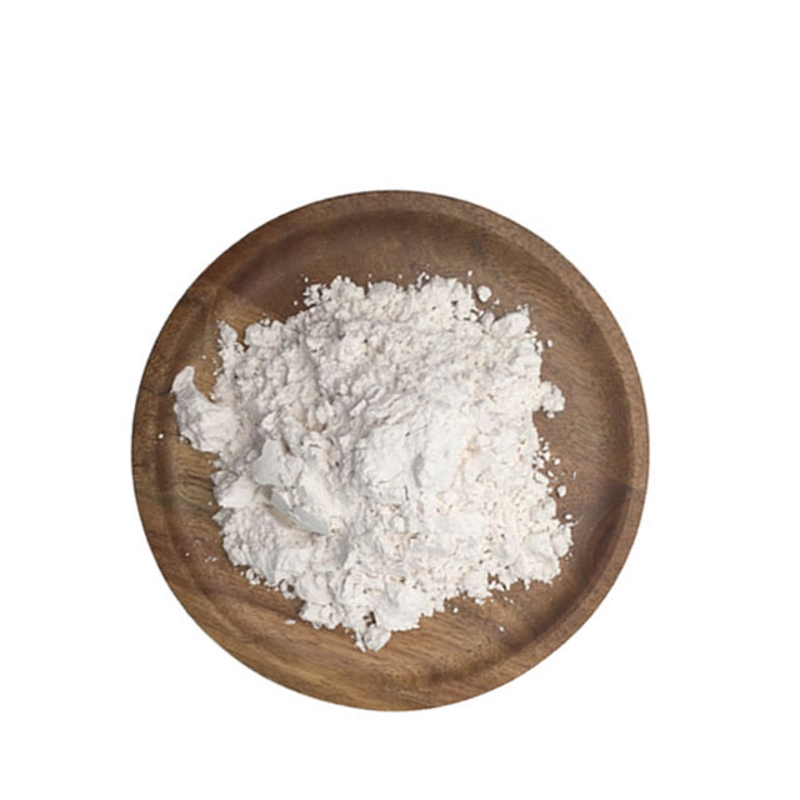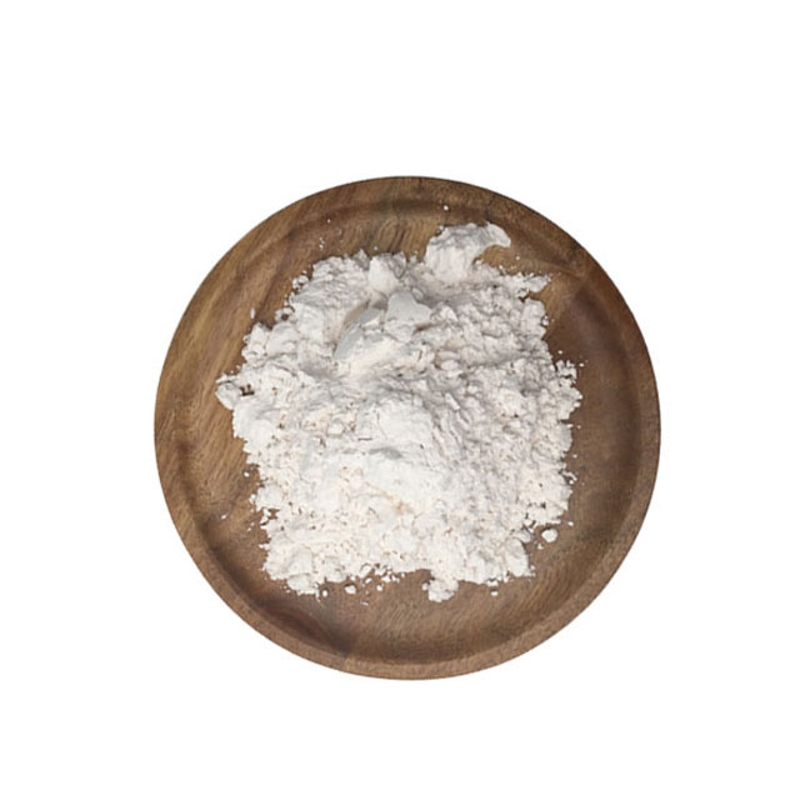-
Categories
-
Pharmaceutical Intermediates
-
Active Pharmaceutical Ingredients
-
Food Additives
- Industrial Coatings
- Agrochemicals
- Dyes and Pigments
- Surfactant
- Flavors and Fragrances
- Chemical Reagents
- Catalyst and Auxiliary
- Natural Products
- Inorganic Chemistry
-
Organic Chemistry
-
Biochemical Engineering
- Analytical Chemistry
- Cosmetic Ingredient
-
Pharmaceutical Intermediates
Promotion
ECHEMI Mall
Wholesale
Weekly Price
Exhibition
News
-
Trade Service
Parkinson's disease (PD) is a common degenerative disease of the nervous system in middle-aged and elderly people.
It mainly consists of progressive degeneration of substantia nigra dopaminergic neurons and pathological changes in the formation of Lewy bodies.
Dopamine in the striatum Transmitter reduction, biochemical changes in the imbalance of dopamine and acetylcholine transmitters, motor symptoms of tremor, muscle rigidity, slow movement, postural balance disorders and non-motor symptoms such as sleep disorders, olfactory disorders, autonomic dysfunction, cognitive and mental disorders The clinical manifestations of the disease are notable features.
As the disease progresses, the motor and non-motor symptoms of Parkinson's disease will gradually increase.
On the one hand, it will damage the daily activities of the patient, and on the other hand, it will also bring a huge social and medical burden.
Yimaitong compiled and compiled, please do not reprint without authorization.
According to the severity of clinical symptoms, Hoehn-Yahr grade 1.
0~2.
5 is defined as early Parkinson’s disease, Hoehn-Yahr grade 3~5 is defined as middle-advanced Parkinson’s disease disease.
According to the fourth edition of the Chinese Guidelines for the Treatment of Parkinson's Disease, the following briefly introduces the treatment of advanced Parkinson's disease.
The clinical manifestations of advanced Parkinson's disease are extremely complex, including the progression of the disease itself, as well as factors such as adverse drug reactions or sports complications.
For the treatment of patients with Parkinson's disease in the middle and late stages, it is necessary not only to improve motor symptoms, but also to properly handle some motor complications and non-motor symptoms.
Treatment of motor symptoms and postural balance disorders Parkinson's disease progresses to the middle and late stages, with further aggravation of motor symptoms, more severe sluggishness, significantly reduced activities of daily living, postural balance disorders, frozen gait, and easy falls.
Freezing gait is the most common cause of wrestling in patients with Parkinson's disease, and it easily occurs when changing positions.
Some patients may be effective in increasing the dose of compound levodopa or adding MAO-BI and amantadine.
In addition, adaptive sports rehabilitation, suggestive therapy, such as: gait and balance training, visual cues (ground lines, regular patterns or laser beams), listening to commands, walking with beats or crossing objects (real or imaginary), etc.
may be beneficial .
Use walking aids or even wheelchairs when necessary to protect them.
With the development of artificial intelligence technology, smart wearable devices and virtual reality technology have brought benefits in improving postural balance obstacles and freezing gait.
Treatment of sports complications Sports complications are common symptoms in the middle and late stages of Parkinson's disease, which seriously affect the quality of life of patients.
Sports complications include symptom fluctuations and dyskinesias, among which symptom fluctuations mainly include end-dose worsening and on-off phenomena.
The treatment of fluctuating symptoms in patients with Parkinson's disease is shown in Figure 1.
Figure 1.
Principles for the management of fluctuating symptoms in patients with Parkinson's disease Dyskinesia includes dose peak dyskinesia, bipolar dyskinesia, and dystonia.
The treatment of dyskinesia in patients with Parkinson's disease is shown in Figure 2.
Figure 2.
Principles for the treatment of Parkinson's disease patients with dyskinesias.
There is no absolute fixed model for the treatment of Parkinson's disease.
Different patients have different symptoms and sensitivity to treatment.
Different patients have different needs for treatment.
, The same patient has different needs for treatment at different stages of the disease.
Therefore, in actual clinical application, it is necessary to understand the patient's condition (severity of disease, type of symptoms, etc.
), treatment response (whether effective, time of onset, duration of action, extension of treatment "on" period and "off" period Shorten the time, whether there are adverse reactions or complications), etc.
, not only follow the guidelines, but also reflect the principle of individualization, in order to achieve a more ideal treatment effect.
Yimaitong is compiled from: Parkinson's Disease and Dyskinesia Group of Neurology Branch of Chinese Medical Association, Parkinson's Disease and Dyskinesia Group of Neurologist Branch of Chinese Medical Doctor Association.
Chinese Parkinson's Disease Treatment Guidelines (Fourth Edition)[J ].
Chinese Journal of Neurology, 2020, 53(12): 973-986.
It mainly consists of progressive degeneration of substantia nigra dopaminergic neurons and pathological changes in the formation of Lewy bodies.
Dopamine in the striatum Transmitter reduction, biochemical changes in the imbalance of dopamine and acetylcholine transmitters, motor symptoms of tremor, muscle rigidity, slow movement, postural balance disorders and non-motor symptoms such as sleep disorders, olfactory disorders, autonomic dysfunction, cognitive and mental disorders The clinical manifestations of the disease are notable features.
As the disease progresses, the motor and non-motor symptoms of Parkinson's disease will gradually increase.
On the one hand, it will damage the daily activities of the patient, and on the other hand, it will also bring a huge social and medical burden.
Yimaitong compiled and compiled, please do not reprint without authorization.
According to the severity of clinical symptoms, Hoehn-Yahr grade 1.
0~2.
5 is defined as early Parkinson’s disease, Hoehn-Yahr grade 3~5 is defined as middle-advanced Parkinson’s disease disease.
According to the fourth edition of the Chinese Guidelines for the Treatment of Parkinson's Disease, the following briefly introduces the treatment of advanced Parkinson's disease.
The clinical manifestations of advanced Parkinson's disease are extremely complex, including the progression of the disease itself, as well as factors such as adverse drug reactions or sports complications.
For the treatment of patients with Parkinson's disease in the middle and late stages, it is necessary not only to improve motor symptoms, but also to properly handle some motor complications and non-motor symptoms.
Treatment of motor symptoms and postural balance disorders Parkinson's disease progresses to the middle and late stages, with further aggravation of motor symptoms, more severe sluggishness, significantly reduced activities of daily living, postural balance disorders, frozen gait, and easy falls.
Freezing gait is the most common cause of wrestling in patients with Parkinson's disease, and it easily occurs when changing positions.
Some patients may be effective in increasing the dose of compound levodopa or adding MAO-BI and amantadine.
In addition, adaptive sports rehabilitation, suggestive therapy, such as: gait and balance training, visual cues (ground lines, regular patterns or laser beams), listening to commands, walking with beats or crossing objects (real or imaginary), etc.
may be beneficial .
Use walking aids or even wheelchairs when necessary to protect them.
With the development of artificial intelligence technology, smart wearable devices and virtual reality technology have brought benefits in improving postural balance obstacles and freezing gait.
Treatment of sports complications Sports complications are common symptoms in the middle and late stages of Parkinson's disease, which seriously affect the quality of life of patients.
Sports complications include symptom fluctuations and dyskinesias, among which symptom fluctuations mainly include end-dose worsening and on-off phenomena.
The treatment of fluctuating symptoms in patients with Parkinson's disease is shown in Figure 1.
Figure 1.
Principles for the management of fluctuating symptoms in patients with Parkinson's disease Dyskinesia includes dose peak dyskinesia, bipolar dyskinesia, and dystonia.
The treatment of dyskinesia in patients with Parkinson's disease is shown in Figure 2.
Figure 2.
Principles for the treatment of Parkinson's disease patients with dyskinesias.
There is no absolute fixed model for the treatment of Parkinson's disease.
Different patients have different symptoms and sensitivity to treatment.
Different patients have different needs for treatment.
, The same patient has different needs for treatment at different stages of the disease.
Therefore, in actual clinical application, it is necessary to understand the patient's condition (severity of disease, type of symptoms, etc.
), treatment response (whether effective, time of onset, duration of action, extension of treatment "on" period and "off" period Shorten the time, whether there are adverse reactions or complications), etc.
, not only follow the guidelines, but also reflect the principle of individualization, in order to achieve a more ideal treatment effect.
Yimaitong is compiled from: Parkinson's Disease and Dyskinesia Group of Neurology Branch of Chinese Medical Association, Parkinson's Disease and Dyskinesia Group of Neurologist Branch of Chinese Medical Doctor Association.
Chinese Parkinson's Disease Treatment Guidelines (Fourth Edition)[J ].
Chinese Journal of Neurology, 2020, 53(12): 973-986.







